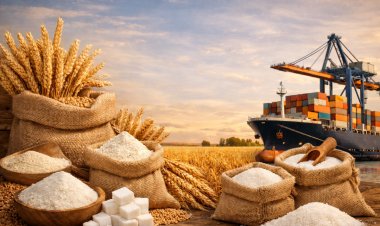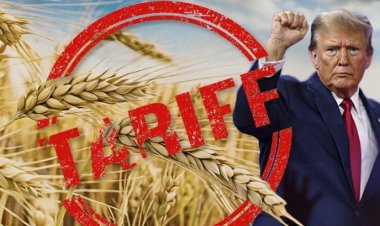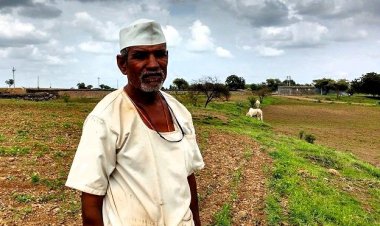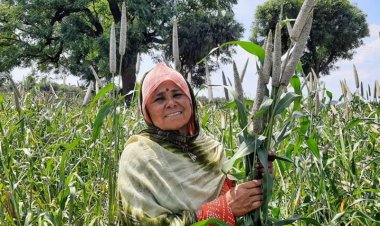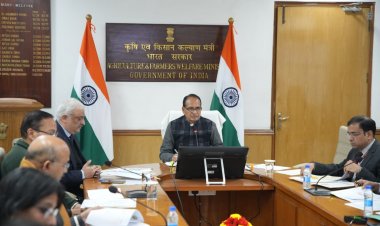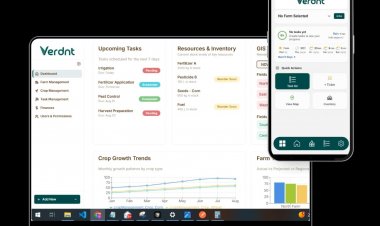RBI Increases Limit for Collateral-Free Agricultural Loans From Rs 1.6 Lakh to Rs 2 Lakh
The Reserve Bank of India (RBI) has announced a decision to raise the limit for non-collateral agricultural loans from Rs 1.6 lakh to Rs 2 lakh per farmer. RBI Governor Shaktikanta Das shared this update during the Monetary Policy Review on Friday. The central bank is set to issue a circular soon to implement this decision.
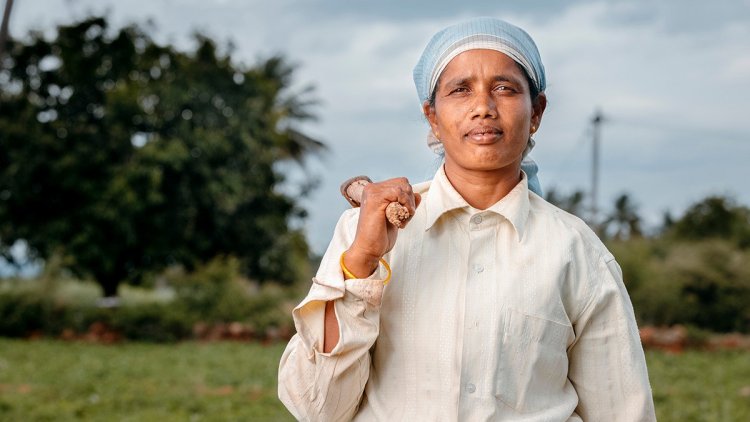
The Reserve Bank of India (RBI) has announced a decision to raise the limit for non-collateral agricultural loans from Rs 1.6 lakh to Rs 2 lakh per farmer. RBI Governor Shaktikanta Das shared this update during the Monetary Policy Review on Friday. The central bank is set to issue a circular soon to implement this decision.
The limit for collateral-free agricultural loans was set at Rs 1 lakh in 2010. It was revised to Rs 1.6 lakh in 2019. Now, after five years, it has been further increased to Rs 2 lakh. The enhanced limit also applies to loans for allied agricultural activities, according to the RBI.
Highlighting the rationale behind this move, Governor Das said, “The agricultural sector has benefited from strong kharif crop output, high reservoir water levels, and robust rabi sowing. Considering rising agricultural input costs and inflation, the limit for collateral-free agricultural loans has been revised. This will improve credit access for small and marginal farmers.” Das emphasised that the decision would also help integrate small and marginal farmers into the formal credit system.
The announcement comes at a time when the agriculture sector has outperformed other areas like manufacturing and exports. In the second quarter of the current financial year, the agriculture sector grew by 3.5%, up from 2% in the first quarter. This is a significant improvement compared to the 1.7% growth recorded in the same quarter last year. For the first half of the current fiscal year, agriculture posted a growth rate of 2.7%. The move is expected to strengthen the agricultural sector further and provide much-needed financial support to farmers amidst rising costs.



 Join the RuralVoice whatsapp group
Join the RuralVoice whatsapp group

















